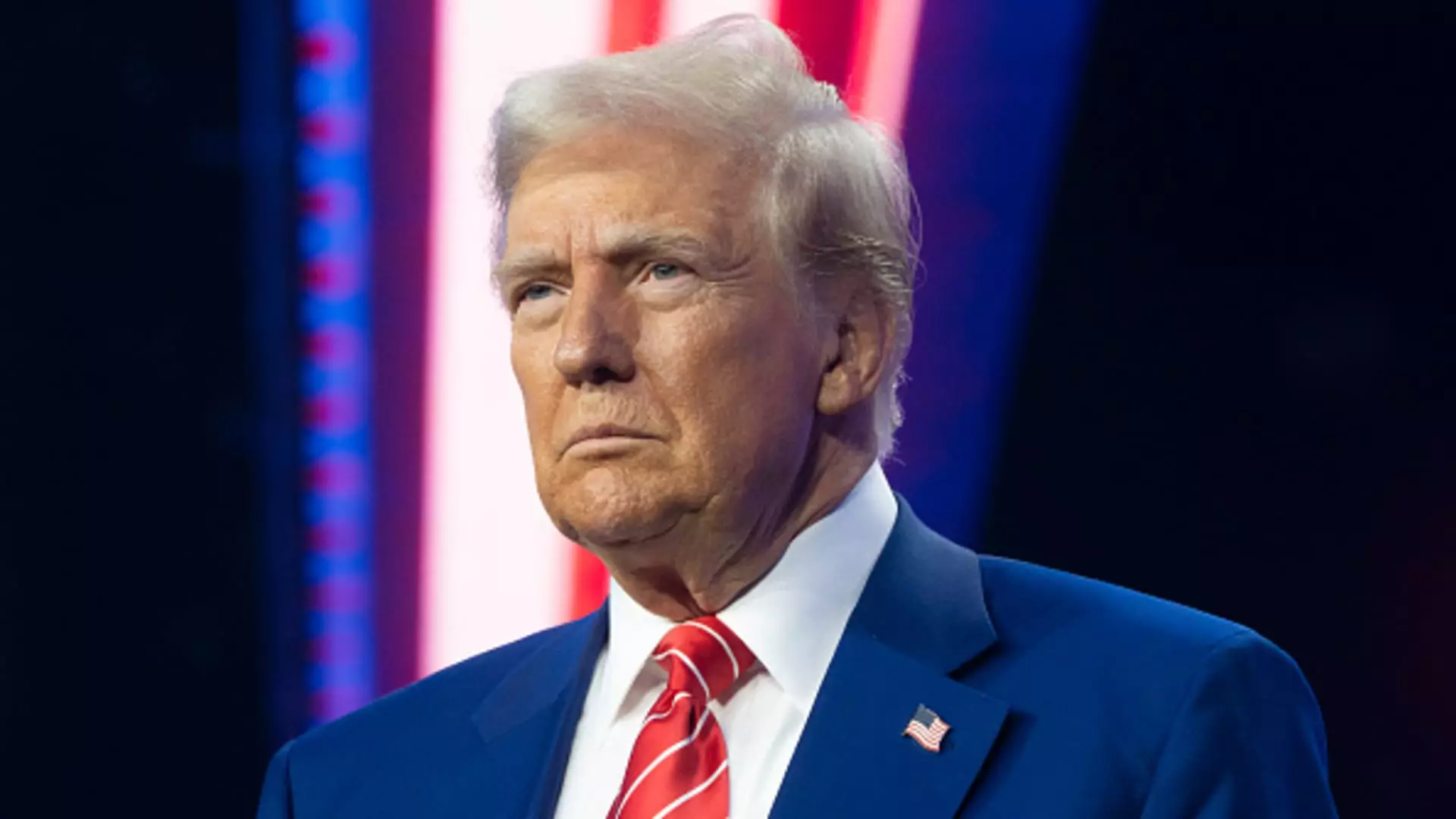The passing of former President Jimmy Carter at the remarkable age of 100 marks a significant moment in American history, prompting reflections on his life and presidency. President-elect Donald Trump confirmed his attendance at Carter’s state funeral, scheduled for January 9 at the National Cathedral in Washington, D.C. Although Trump expressed his intentions to be there, he opted not to comment on any direct communications he may have had with Carter’s family following the sad announcement of his death. As one of the last living former presidents, Carter’s legacy spans decades of humanitarian work, diplomacy, and political influence, making his funeral a pivotal event for national remembrance and reflection.
As Trump participated in a New Year’s Eve gala at his Mar-a-Lago estate, the atmosphere shifted to the pressing internal politics of the Republican Party. It was here that reporters sought his insight on the current state of GOP leadership, particularly concerning House Speaker Mike Johnson’s upcoming re-election. Trump’s vocal support for Johnson, shared just a day before the event, is viewed as a crucial endorsement potentially solidifying Johnson’s position as Speaker. With the new Congress set to convene, party unity appears essential for the upcoming vote to ensure Johnson can maintain the leadership role he acquired in October 2023.
Despite Trump’s optimism, Johnson faces considerable resistance within his party, evidenced by the thirty-four Republicans who opposed his stopgap funding measure last December. This dissent raises critical questions about his capacity to consolidate support. Trump’s assertion that “almost everybody likes him” may have merit among certain factions, but the growing unease in Republican ranks suggests a more complex narrative that challenges this claim. As the House prepares for its speaker election, it remains to be seen whether Johnson can rally the necessary support or if divisions will undermine his leadership bid.
Trump’s endorsement reflects a broader strategy aimed at unifying a party that has been at times fragmented. In the wake of challenges facing the GOP, Trump’s influence remains significant. His ability to sway opinions and strengthen alliances could prove vital as the party navigates internal strife and external pressures. Johnson’s success in the forthcoming election will likely hinge on whether he can effectively counteract the dissent entrenched in party lines while also maintaining the loyalty of Trump’s supporters.
The Road Ahead
As Trump prepares for Carter’s funeral and the impending political contest, the juxtaposition of national reflection and party politics illustrates the complex interplay between legacy and leadership. Carter’s commitment to public service serves as a poignant reminder of the responsibilities associated with holding office, providing a backdrop against which current and future leaders, including Trump and Johnson, must measure their ambitions and responsibilities. The path forward for the Republican Party is fraught with challenges, but with strategic maneuvering and potential for unity, there remains hope for a cohesive front as they address the electorate’s diverse concerns in the coming years.


Leave a Reply